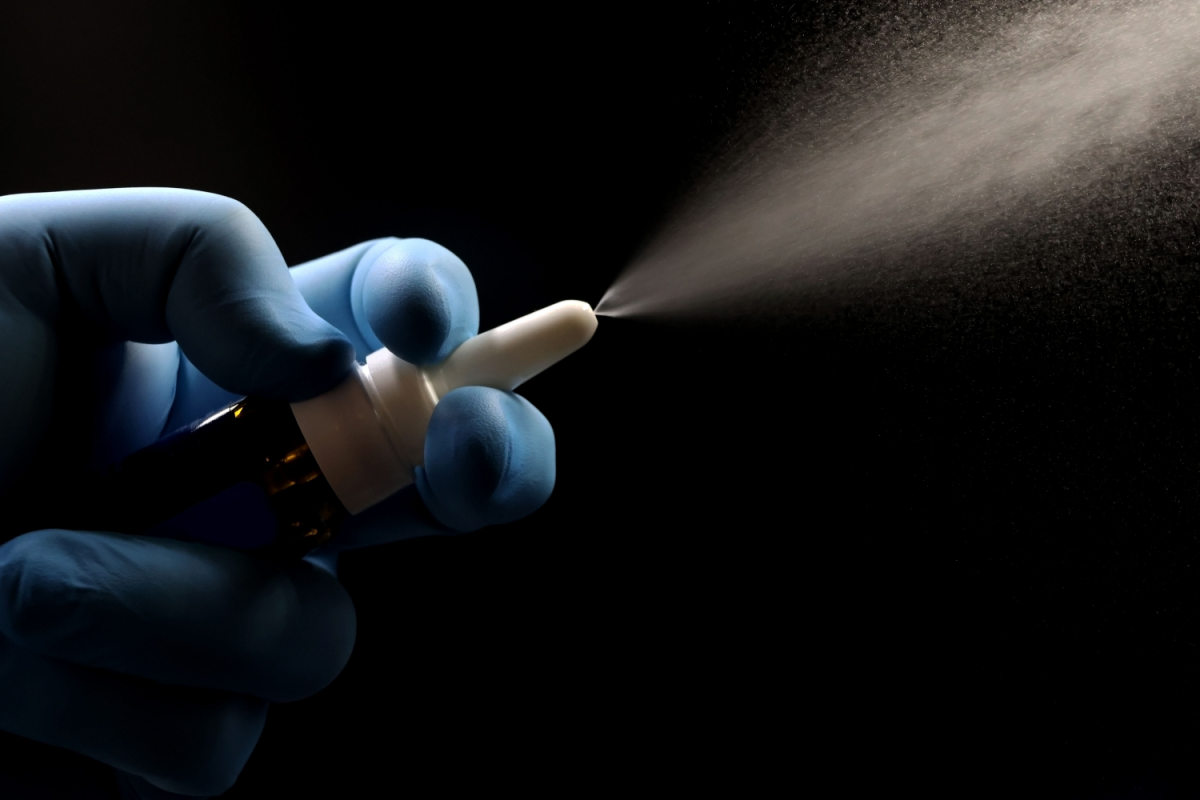Antibodies in the immune system are integral to the body’s defense against pathogens, but if they are not properly regulated, an overactive immune system can cause problems in the absence of any infection. Research conducted at the University of Zurich has now identified that a specific sugar – sialic acid – is key to protecting host cells from attack by antibodies.
The results of the study may help researchers develop novel treatments for autoimmune disorders. While the primary role of antibodies is to destroy foreign invaders – such as viruses and bacteria – sometimes the immune system can malfunction, causing it to attach they body’s own cells.
When antibodies bind to the surface of a host cell, they initiate a cell death pathway involving complement factors. These complement factors are specific proteins which disrupt the cell membrane, thereby killing the cell. Antibodies are comprised of proteins coupled to specific sugar molecules.
Professor Jan Lünemann from the Institute of Experimental Immunology at the University of Zurich, and his team, have found that sialic acid-containing antibodies are less likely to attack the body’s own cells. Previous research showed that patients with autoimmune diseases carry fewer antibodies with the sialic acid sugar structure, compared to healthy individuals.
According to Isaak Quast, a PhD student in Lünemann’s lab, and the primary author on the research paper, “We observed that patients suffering from an autoimmune disease felt better the more sialic acid-carrying antibodies they had in their blood.” The researchers studied a variety of antibodies – each coupled with a unique sugar group – and compared them to the sialic acid-containing immune cells.
“We managed to demonstrate that antibodies containing the sugar sialic acid only destroy the body’s own cells to a very limited extent,” said Lünemann. “Our data indicates that the coupling of sialic acid to antibodies might be a potential strategy in treating patients with autoimmune diseases.”
Sources:
- Sugar governs how antibodies work in the immune system – http://medicalxpress.com/news/2015-10-sugar-antibodies-immune.html
- Quast, I., Keller, C., Maurer, M., Giddens, J., Tackenberg, B., Wang, L., Münz, C., Nimmerjahn, F., Dalakas, M., and Lünemann, J. (2015). Sialylation of IgG Fc domain impairs complement-dependent cytotoxicity. J Clin Invest.












Join or login to leave a comment
JOIN LOGIN